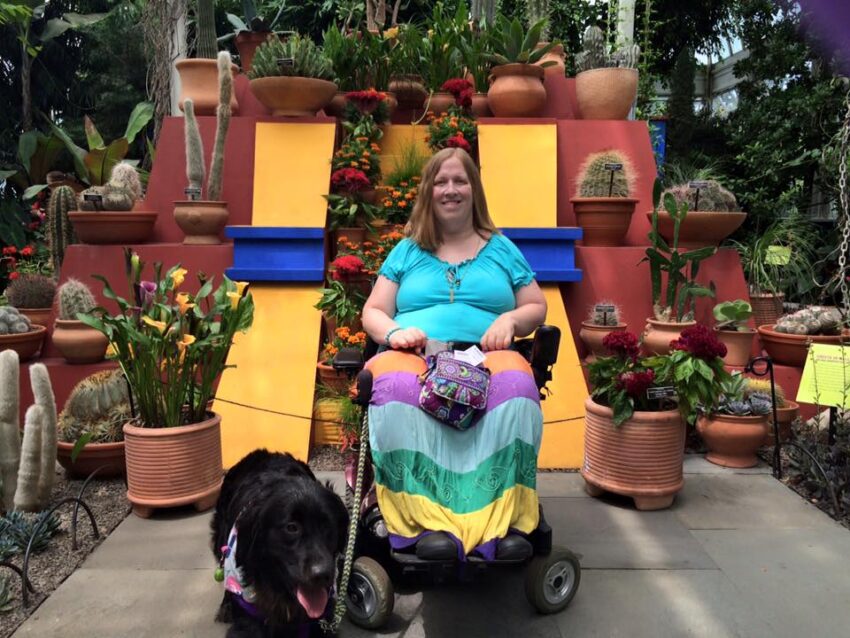Written by Karin Willison, Free Wheelin’ Travel, December 22, 2021 for The Mighty
“Special needs.” It’s a phrase you’ve probably heard a million times. Special needs kids, special needs parents, special needs schools. The term is everywhere — but in recent years, the disability community has spoken out, asking people to stop saying “special needs” and calling for replacing this now-outdated language.
As a media website and community that centers the voices of people with disabilities and health conditions, The Mighty phased out the use of “special needs” in edited, published articles beginning in 2017. If you’ve submitted a story to us in the last few years, you might have noticed that we changed “special needs” and other similarly-problematic language before publication. In this installment of The Mighty Explains, we discuss some of the reasons to stop saying “special needs” — and what to say instead.
Reasons to Stop Saying “Special Needs”
Saying “special needs” contributes to disability stigma.
“Special needs” is a euphemism, a phrase created to avoid some other word or concept that is considered negative. Euphemisms aren’t always problematic; I think most of us would rather say “bathroom” than “place for peeing and pooping,” for example. But using a euphemism means you are trying to hide or downplay the unpleasant nature of something. And in the case of “special needs,” that something is disability.
The term “special needs” only exists so that people don’t have to say the word “disability.” It allows non-disabled people, especially parents and educators, to avoid describing children as having a disability — because they view disability as something bad. But disability is not inherently bad. It’s a natural part of being human. One in four American adults has a disability, and everyone who lives long enough will become disabled. Some disabilities can be debilitating and life-threatening, but people who live with them should not be stigmatized. Disability is a neutral, factual word that does not need to be replaced by anything.
